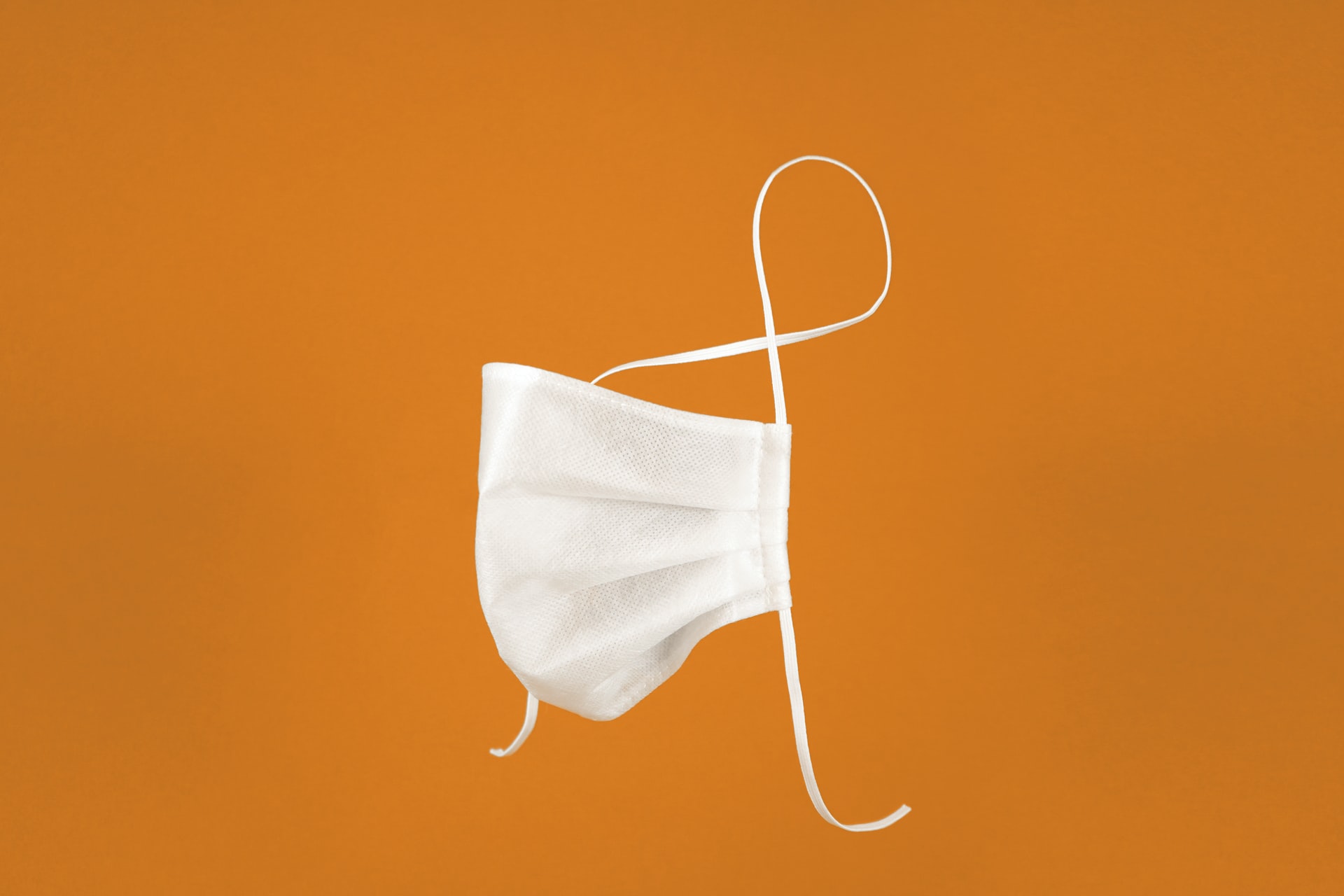Mental health is a crucial aspect of overall wellbeing. Our mental health affects every aspect of our lives and can even impact our physical health. Here are some tips for helping yourself and others manage their mental health during the COVID-19 pandemic.
Children
If you are a parent or a childcare provider, it’s essential that you know how to help children deal with mental health issues. Teach them that it’s OK to feel negative emotions and help them to navigate those feelings. You can encourage them to find an outlet to express their emotions, such as writing, talking, or physical activities.
Healthcare Workers
If you are a healthcare professional or you know a healthcare worker, you probably know that they have been under a massive amount of pressure since the beginning of the pandemic. Throughout this unprecedented event, the World Health Organization recommends that healthcare workers get enough rest, eat healthy foods, and make time to exercise. It’s also important to stay in contact with friends and family, even if you can’t see them in person.
Those Who Are Most Vulnerable
Those who are most vulnerable to COVID-19, including the elderly or those with underlying health conditions, are also some of the most susceptible to mental health concerns. These populations might be feeling especially agitated or fearful, and many with be struggling after months of isolation. Do your best to stay in touch with them and keep them connected with accurate, up-to-date information.
Yourself
Taking care of your own mental health should be a priority for you, no matter who you are. Take care of yourself physically by eating well, staying active, and getting full nights of sleep. Try to stay connected with loved ones and be mindful of your emotions. When you’re feeling particularly tense, find some ways to relieve your stress. Disconnecting from news outlets and social media can also help if you feel overwhelmed by COVID-related content.
Lastly, never hesitate to seek help from professionals when you need it. Mental health problems can be serious and should never be taken lightly. Contact your healthcare provider or a licensed therapist if you need professional help.


